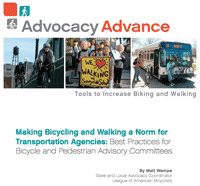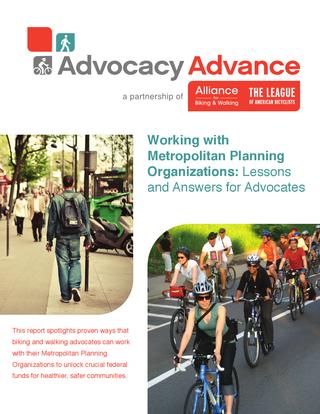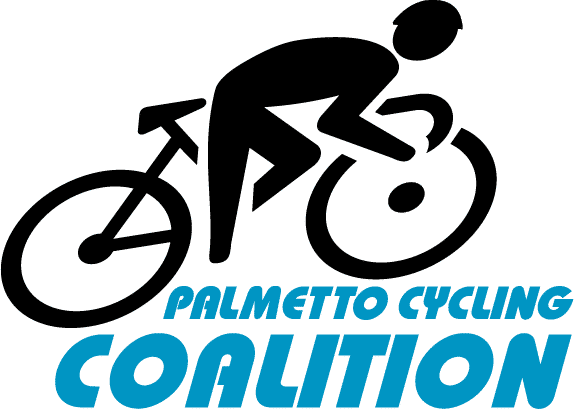Policy & Planning 101: Resources for Local Bike & Walk Advocates
Local advocacy is taking off in SC, and we’re committed to being a resource for our members and others acting at the local level, in addition to advocating on behalf of local groups at the state level. Combining the efforts of local and state advocacy is key as we work together with multiple government jurisdictions. Contact us if you have any questions!
Recommended Resources
Local Advocacy: See PCC's tips for local advocates for a primer on doing effective local bike (and pedestrian) advocacy as a volunteer or paid staff person. Amy has almost a decade of experience as a local leader, volunteer, and staff person. This still true 2010 booklet by PCC and Eat Smart Move More is comprehensive, perfect for workshops, and multiple copies can be mailed upon request: Complete Streets Toolbook and Advocacy Manual. Then this DHEC guide to grassroots action is also a great strategy setter. And last, see this Guide from the Federal Highways Administration (FHWA)!
Equity: Here's a recent Zoning Reform guide from the APA, plus a Guide to Measuring Transportation Equity. Last, see our Blog Post on Equity from 2017.
Community / Public Engagement: Read the latest overview of what's working and not, with public engagement - or see this Seattle resource, and click on “Sample Outreach Plans” for more engagement strategies than you may imagine. For the 5 most recommended Engagement techniques from People for Bikes, see this.
Campaigns: The Alliance for Biking & Walking conducted a series of Winning Campaigns trainings using this model plan, including one PCC hosted. Use this resource if you're advancing a Ballot Measure for additional funding. (though funding is usually there already, as referenced above)
Messaging: Read our PCC local advocacy resource on messaging that reveals the words and messages that most accurately reflect what we’re trying to say, while we steer clear of what we’re not saying! Bonus: southern states messaging included!
Economic Benefits: A necessary support document for some decision makers, this report focuses on economic benefits, from ESMM, created with our assistance: Stronger Economies through Active Communities. Then see the latest study from GDOT & GaTech on the Economic Impact of Biking in Georgia.
Other Content & Data: If your audience craves numbers, utilize our Data resources. If they want solid research for benefits to safety, health and economic sustainability for all South Carolinians, find that in our state campaign Brief.
Complete Streets Policies and development: Smart Growth America recommends these best practices. Also, in 2011, the PCC, AARP of South Carolina and ESMMSC offered two workshops on Complete Streets policy development (Complete Streets Policies in SC) and implementation (6 Step Implementation Process, by Roger Henderson with the National Complete Streets Coalition).
Comprehensive Plans: Use SCDHEC's helpful guide to find language best for Transportation & Land Use (p.75).
Other Resources
The Safe Routes to School National Partnership provides policy and technical assistance on Safe Routes to School and healthy communities. Their resources include: webinar series, publications and a library of resources, a monthly e-newsletter, and an active Twitter and Facebook
Bike Bus is a worldwide movement to transform communities and our planet through the simple act of riding bikes to school together.
National Resources from Advocacy Advance — a partnership of the League of American Bicyclists and Alliance for Biking & Walking

This report outlines best practices for advocates and agency staff who are looking to establish an effective BPAC in their community, including how to create the group and how to emulate successes of effective BPACs from coast to coast.
Working with Metropolitan Planning Organizations: Five Lessons for Advocates
This report from spotlights proven ways that biking and walking advocates can work with their Metropolitan Planning Organizations to unlock crucial federal funds for healthier, safer communities.

